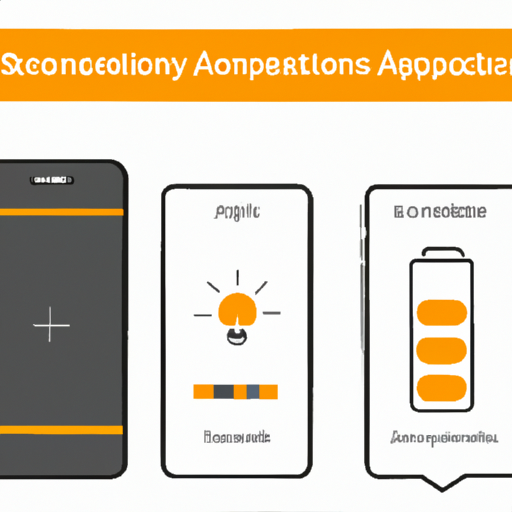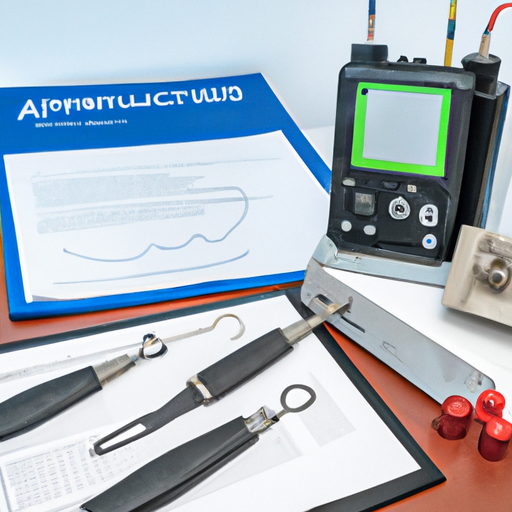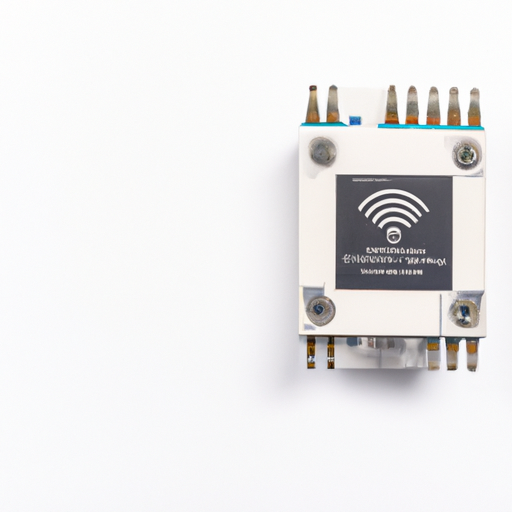Application Development in Battery Management for ECS-200-S-1: Key Technologies and Success Stories
Battery Management Systems (BMS) are essential for ensuring the safe and efficient operation of battery packs across various applications, including electric vehicles (EVs), renewable energy storage, and portable electronics. The ECS-200-S-1, while not specifically detailed in available resources, represents a model that likely embodies advanced BMS technologies. Below is an overview of key technologies in battery management and notable success stories that illustrate the impact of these innovations.
Key Technologies in Battery Management
| 1. State of Charge (SoC) Estimation | |
| 2. State of Health (SoH) Monitoring | |
| 3. Thermal Management | |
| 4. Cell Balancing | |
| 5. Communication Protocols | |
| 6. Safety Features | |
| 7. Data Analytics and Machine Learning | |
| 8. Integration with Renewable Energy Sources | |
| 1. Tesla | |
| 2. LG Chem | |
| 3. NIO | |
| 4. BYD | |
| 5. Solar Energy Storage Systems |
Success Stories
Conclusion
Battery Management Systems are critical to the advancement of energy storage technology, influencing the performance, safety, and longevity of battery packs. The ECS-200-S-1, like other advanced BMS solutions, likely incorporates many of these key technologies to ensure efficient battery management. The success stories of industry leaders such as Tesla, LG Chem, and NIO underscore the importance of innovation in this field and the potential for continued advancements in battery management technology. As the demand for efficient and safe energy storage solutions grows, the role of BMS will become increasingly vital in various applications.













